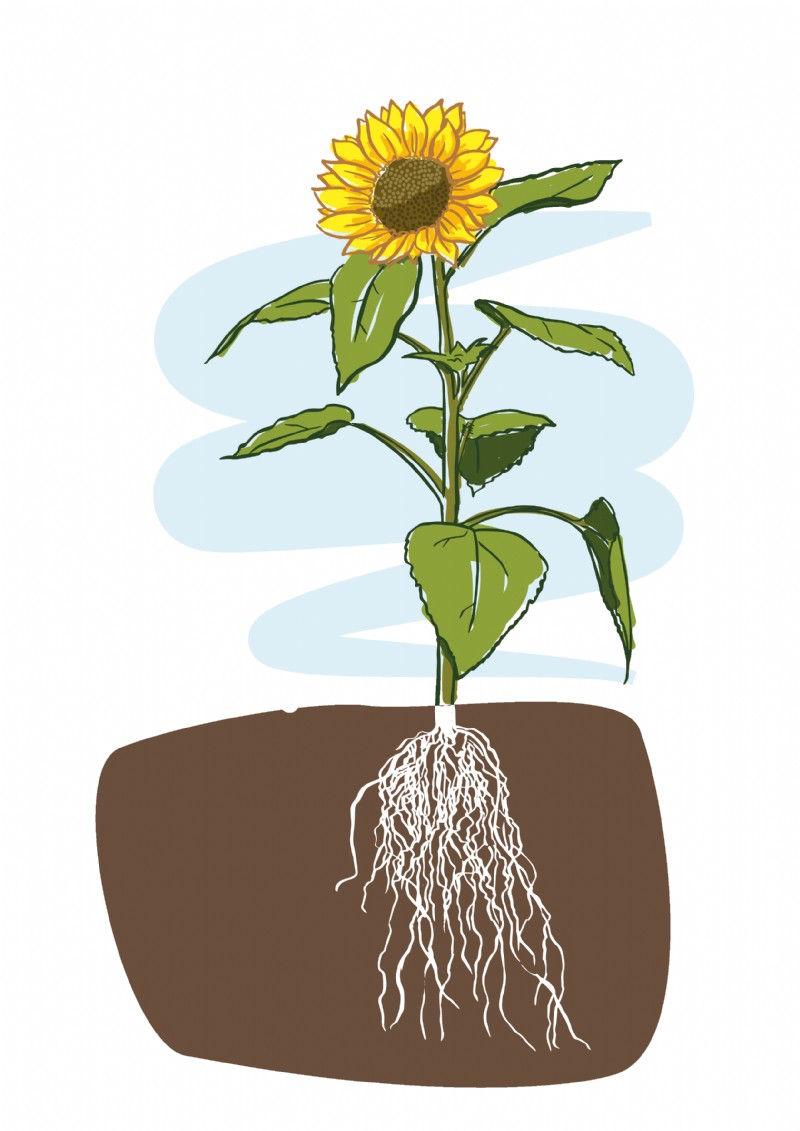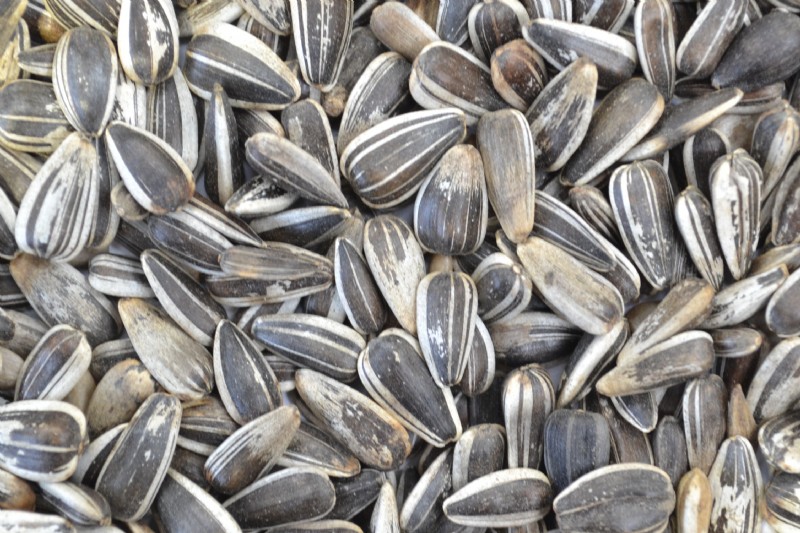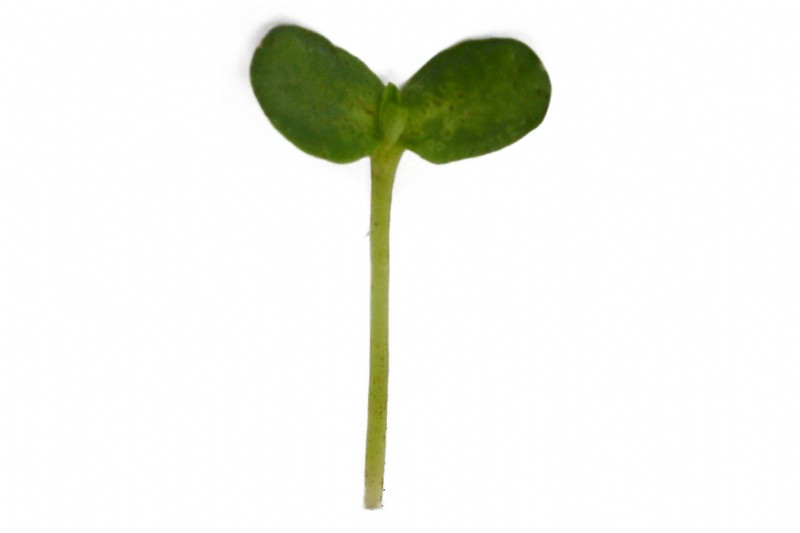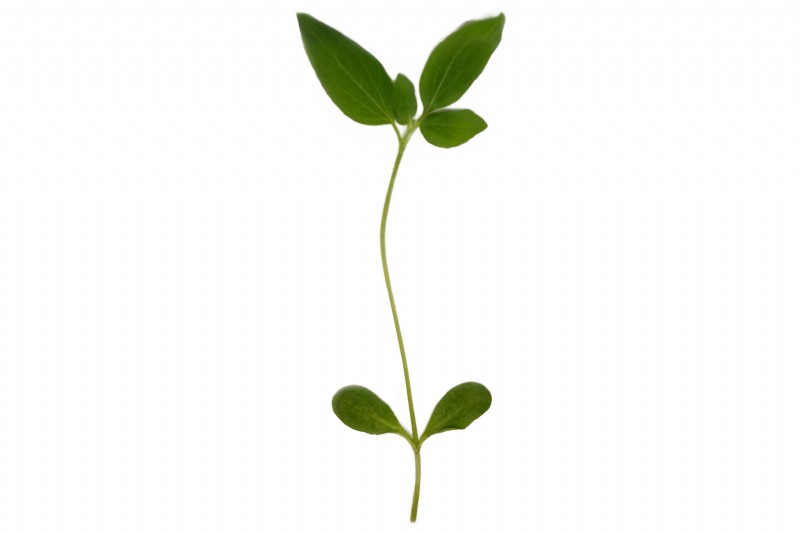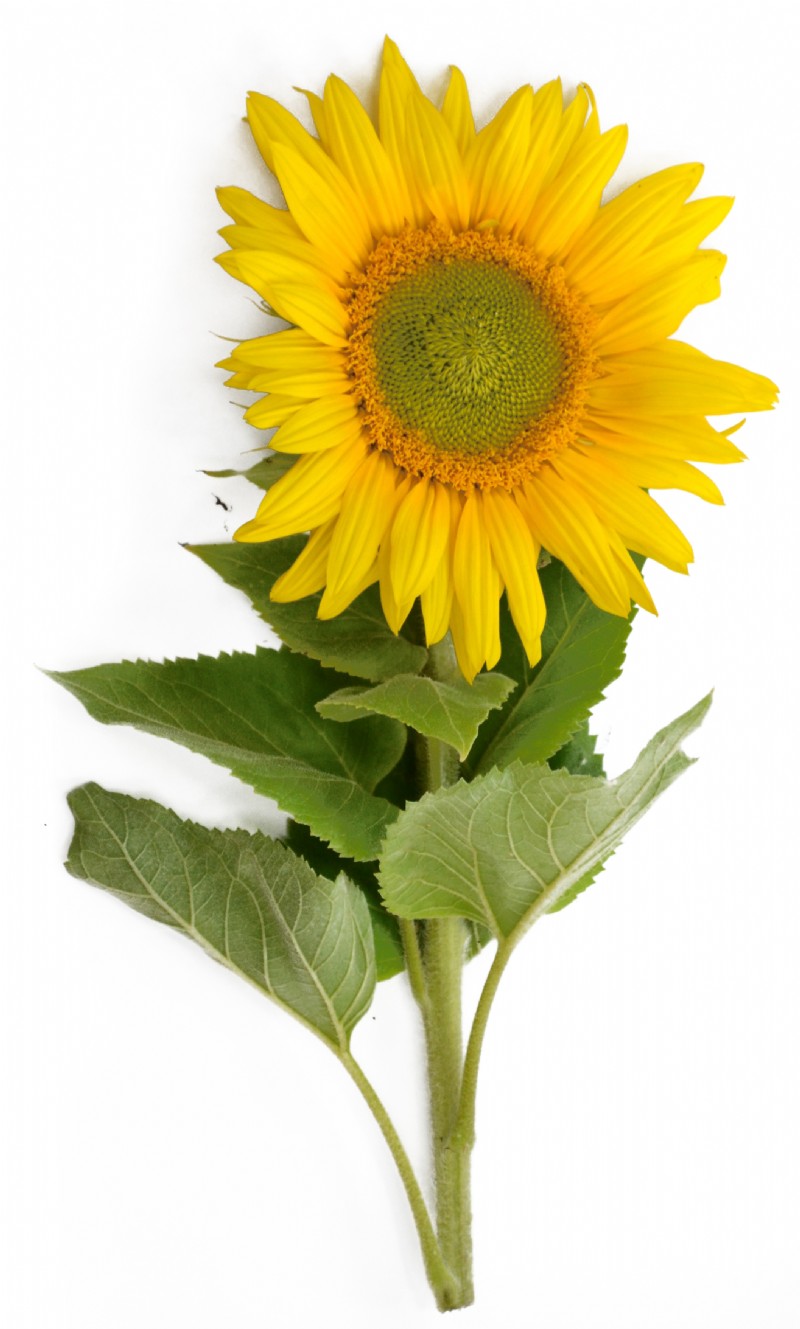Sunflower
Sunflowers have been cultivated for their seeds for many centuries. In the UK we utilise them to provide food for farmland birds.
Uses
Generally used for environmental and game mixtures.
Persistence
They are an annual species.
Strengths
Sunflowers produce seeds for farmland birds over the winter months. Their strong roots can also help break up compacted soils in soil improving mixtures.
Frost Tolerance
They are not frost tolerant
Sowing Rate Advice
10kg per acre - 25kg per ha.
They can be sown as a pure stand
Mixture Sowing Rate Advice
1 - 2kg per acre / 2.5 - 5kg per ha.
This large seeded species should be included in mixtures at robust rates, if a reasonable stand of sunflowers is expected in the field.
Ideal Sowing Time
Sow from April to June.
Management
Sunflowers should be drilled or shallow sown, smaller seeds can be broadcast and the area rolled as one.
Distinguishing characteristics
Seed
This is a large seed, with a flat rounded, triangular shape. The seed is generally black, or black with white stripes. It has a smooth texture and measures approximately 1cm in length.
Seedling
The seedling produces two smooth, rounded to oblong cotyledons, they are a robust, waxy texture connected directly to the stem. The first true leaf is larger, developing into an oval shape with the beginning of serrated edges and coarse hairs.
Flowering Plant
Each plant is a dark to mid green colour.
The stem and leaves are coarse and hairy to the touch.
The leaves are alternately placed along the stem and ovate to heart shaped, the margins are smooth.
The plant has a strong, thick but fairly short taproot, with smaller, lateral side roots.
Additional Info
Standard sunflower are available, generally reaching 2 metres or more in height, alternatively dwarf varieties are available which grow to 1 metre. Average seeds per kg - 17,000.
Works well with
The upright nature of the plant, means it can be grown with lower growing species to make the best use of space.You can find Sunflower in the following mixtures


